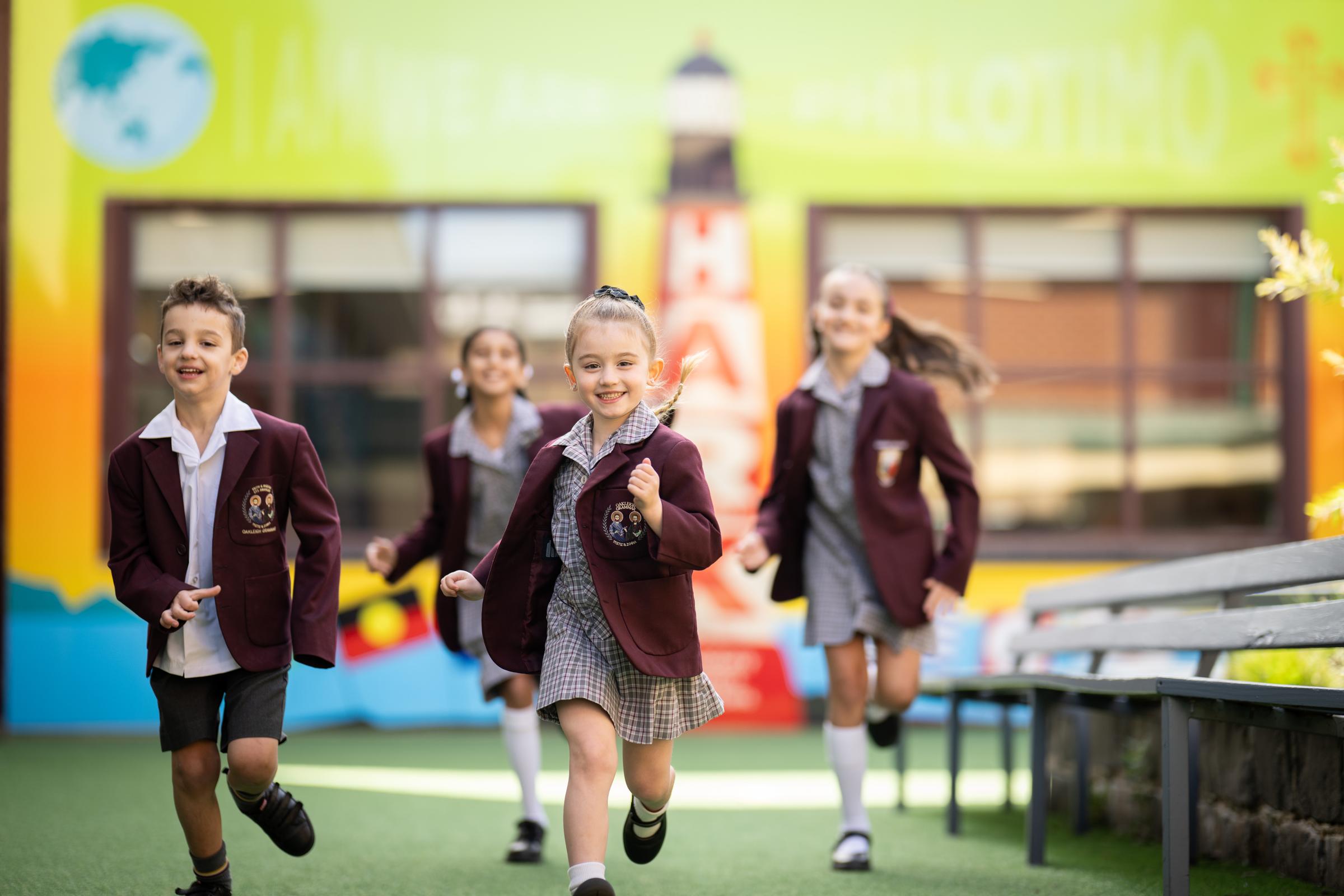Junior School

As Term 2 draws to a close, I want to take this opportunity to reflect on the energy, curiosity, and creativity that has been so evident across the Junior School. It has been a term filled with learning inside and outside the classroom, and I continue to be impressed by how our students are developing independence, resilience, and a strong sense of self.
One of the highlights this term has been the continued growth of our lunchtime clubs. These student-led and staff-supported initiatives have created new opportunities for students to explore interests, build friendships, and develop confidence. These spaces reflect the best of what learning looks like when curiosity is encouraged and choice is offered. They are a reminder that learning does not just happen in lessons, it is happening in every part of the day.
Underpinning this has been our clear focus on the HARK values, Humility, Aspiration, Respect, and Kindness. Across assemblies, classroom discussions, and everyday interactions, our students are becoming more aware of how these values shape the way we learn and live together.
To our Junior School students - thank you for your positivity and for being open to new ideas and challenges this term. I hope the break allows you time to rest, play, and return recharged for the term ahead.
To our staff - thank you for your ongoing care and commitment. Your support empowers our students to thrive, and your focus on positive gratitude has helped strengthen our team and culture.
Wishing everyone a safe and refreshing holiday – Bali is calling my name!
Shelley Parkes
Assistant Principal - Head of Junior School
Maths in Everyday Life – Building Mastery Through Daily Moments
We are passionate about helping students build deep and lasting mathematical understanding. One powerful way we do this is by making maths meaningful, purposeful and present in our everyday lives. From measuring ingredients for a recipe to working out how long until soccer training, maths is all around us!
When we give children opportunities to use maths in real-world contexts, we help them retrieve and apply their knowledge, strengthening connections in their brains. This process of retrieving what they’ve already learned is vital, it supports mastery, builds confidence, and makes learning stick.
A great example of this is multiplication. Knowing their multiplication tables is one of the most valuable tools a primary school student can have. It supports learning in many other areas of maths, including division, fractions, area, and problem solving.
Why is learning times tables so important?
- It leads to automatic recall, freeing up brain power for more complex problem-solving.
- It strengthens number sense and mental computation.
- It supports success across the wider maths curriculum.
- It boosts confidence and independence in maths.
Simple Ways to Practise at Home
- Chant or sing multiplication facts to familiar tunes.
- Use dice or cards to play times tables games.
- Download a free times tables app for short daily practice.
- Stick post-it notes around the house with tricky facts.
- Challenge your child to a “1-minute recall race”- how many can they get right in 60 seconds?
Even just a few minutes a day can make a big difference over time. The key is consistency and making it fun!
We encourage all families to look for small but powerful ways to weave maths into your daily routine. Whether it’s estimating totals at the supermarket, counting steps, or noticing patterns, these little moments all add up to a strong mathematical foundation.
Sarah Caffrey
Head of Junior School Curriculum


